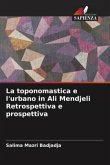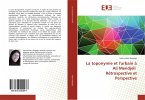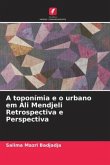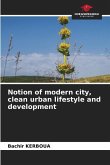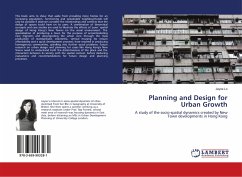The housing crisis, the "ready to build", the myth of the planned everything have configured the new Algerian cities in utilitarian faces. Ali Mendjeli is erected in this context giving to see in addition a singular toponymic landscape. The numerical names, the unusual popular names, the flattering promotional attributions that abound in a hybrid linguistic framework mixing Arabic, Algerian dialect and French force attention. The use of toponymy to question and understand the urban is a door that allows us to decode the relationship between nomination and living environment, social representations and urban issues. Through a retrospective and perspective approach that modulates urbanistic, architectural, historical, social and toponymic registers, the intentions of the actors and the reality of uses are confronted. This upstream/downstream equation aims to show, on the one hand, the adequacy or otherwise of the "new town" concept in Algeria with its ideological foundations, its philosophical currents, its sociological and conceptual referents and, on the other hand, the viability of these living areas that are intended to be supports for the good life.
Bitte wählen Sie Ihr Anliegen aus.
Rechnungen
Retourenschein anfordern
Bestellstatus
Storno


